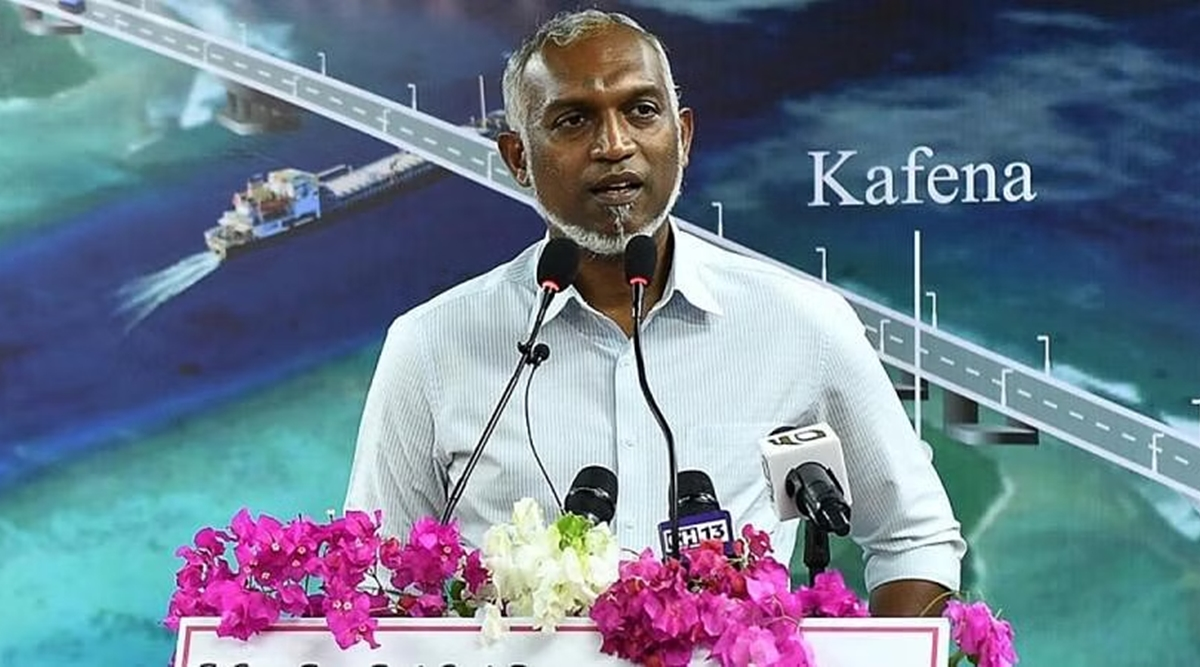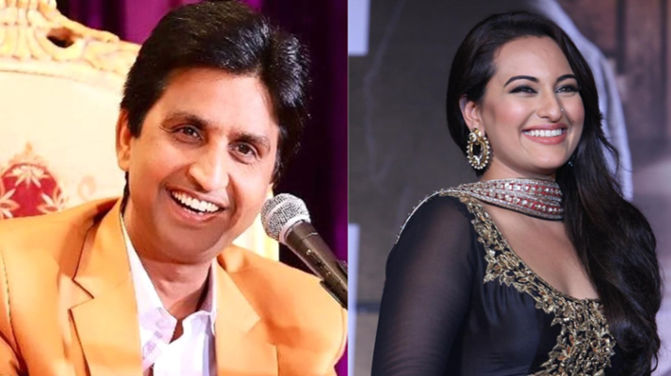This week fetched couple of challenges for global affairs with intensified violence between Israel and Iran on one hand while Israel and Hamas on the other; despite continuous requests and directives from the global community to announce a ceasefire immediately; and the recent resounding success of the Muizzu government in Malé bringing a clear indication of a critical shift in the political landscape of Maldives and the Indian Ocean Region (IOR).
Defying various political analyses, the recent resounding success of the Muizzu government in the parliamentary elections of Maldives clearly indicates a critical shift in the political landscape of not only Maldives but also of the overall IOR. Just six months after Mohamed Muizzu assumed office as the president, Maldives once again casted its votes last week, resulting in a decisive majority for the ruling coalition in the parliament. Muizzu’s People’s National Congress secured 66 out of the 93 seats in Majlis. Together with other allied parties and independent candidates, they obtained a total of 74 seats, constituting over three-fourths of the parliamentary representation. With this victory, Muizzu is much motivated to push India out. India-Maldives relations have already suffered a lot already due to Muizzu’s anti-India campaign and his pro-China policies.
After showing off its ‘true’ love for China, Maldives faced a political turmoil as its president Ibrahim Muizzu faced impeachment. The opposition-led parliament initiated impeachment proceedings against President Muizzu, accusing him of authoritarian behaviour and abuse of power. Muizzu was elected to power last year on the back of an aggressive ‘India Out’ policy that has seen the Maldives drawing closer to China. He had also ordered Indian troops stationed in Maldives. Maldives also gave a Chinese ‘research’ ship, the Xian Yang Hong 03, (which is flagged as a spy ship) its permission to dock in its capital, Male. I had mentioned this apprehension in one of my previous columns that, “His pro-China attitude will not only pose challenges to the neutrality of IOR, I am also worried Maldives will prove to be next Sri Lanka or Pakistan if it falls in to the trap of ‘string of pearl’ strategy of China.” With this whooping victory once again, Muizzu seems to be all set to further strain India-Maldives relations and become a trap of China’s debt diplomacy. This would definitely impact the stability and security of the region.
Maldives’ strategic location in IOR makes it a very special nation for the entire region despite its small size. Maldives’s strategic location across the strategic sea lanes that connect East Asia with West Asia increases its significance in the region. So far, India and Maldives enjoyed good bilateral relationship, and the earlier government did not fall a trap to China’s ‘string of pearl’ strategy, using which it has already captured strategically located ports in different nations located between Chinese mainland and Port of Sudan in the Horn of Africa. China aims to control IOR region, which is obviously unacceptable to the nations like India and the US. So far, India had its strong presence in Maldives but with Muizzu’s entry as the president of Maldives, it seems that apart from the bilateral relations between India and Maldives, the regional integrity may suffer heavily.
On the other hand, the ongoing Israel-Hamas war is also proving damaging for the peace and stability of the world. Despite requests and directives of the global community, none of the two parties involved in a gory conflict is ready to cease. Amid this conflict, the recent conflict between Iran and Israel have additionally raised concerns about the possibility of the tensions spreading from West Asia to rest of the world. Recent events have emphasized Iran’s position as an unpredictable player in global politics due to its backing of local proxies such as Hamas and the Houthis. While Iran has betrothed itself in a direct conflict with Israel, it is also inviting problems for itself by exasperating various nations including India. This week, Pakistan and Iran have jointly expressed the view over the peaceful resolution to the Kashmir according to the wishes of the region’s populace, as stated in a joint announcement following Iranian President Ebrahim Raisi’s first official visit on 24 April.
This statement has raised India’s eyebrows. “We have raised the issue with Iranian officials.” stated the spokesperson for the Ministry of External Affairs, Government of India, in response to queries about India’s stance on the joint statement concerning the Kashmir matter. India has consistently upheld its position that Kashmir is an internal concern and has clearly emphasized on several occasions that external parties or organizations should refrain from meddling in this issue. Despite knowing this, why Iran is intruding into an internal matter of India and troubling its bilateral relations remains a pertinent question!
Achieving the lasting peace in global politics seems to be a far-fetched dream, the leaders at least can keep working for the same. The leaders need to understand that global peace and security come before their own political objectives. Those who do not go by this very simple rule face multiple repercussions.







